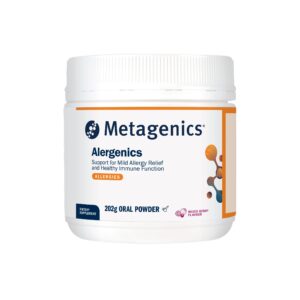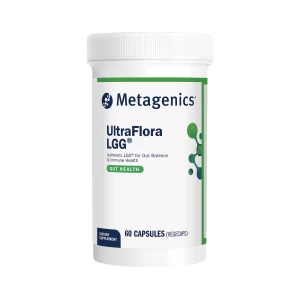Additional information
| Common conditions: | Respiratory Health |
|---|
Food sensitivities can cause a wide range of symptoms and disorders. The foods that cause these delayed reactions are often hard to diagnose because of the time between consumption and the physical reaction. The IgG food allergy test offers a useful tool for detecting the foods causing this response. The results are patient specific and provide an easy, precise and effective starting point for dietary manipulation.
IgG (immunoglobulin G) testing is a useful guide for practitioners to structure an elimination diet for many chronic health conditions. The foods that cause these delayed reactions are often hard to diagnose because of the time between consumption and the physical reaction. Generally, an IgG reaction occurs hours to days after exposure to these food antigens.
The IgG food allergy test offers a useful tool for detecting the foods causing this response. The results are patient specific and provide an easy, precise and effective starting point for dietary manipulation.
When doing an IgG test, it is recommended to eat a large variety of foods in the two weeks prior to testing. Include as many of the foods that are being tested in the specific allergy panel you have chosen. Be aware that if foods are not included in the diet during this time, false negative results may be obtained as recent exposure to these foods may be required for antibodies to be present in the blood.
It is recommended that IgG allergy testing is only performed for infants greater than 18 months of age.
The IgG Vegetarian food panel enables the practitioner to offer a food panel to their patient that includes Vegetarian foods to cater for individual preferences.




| Common conditions: | Respiratory Health |
|---|